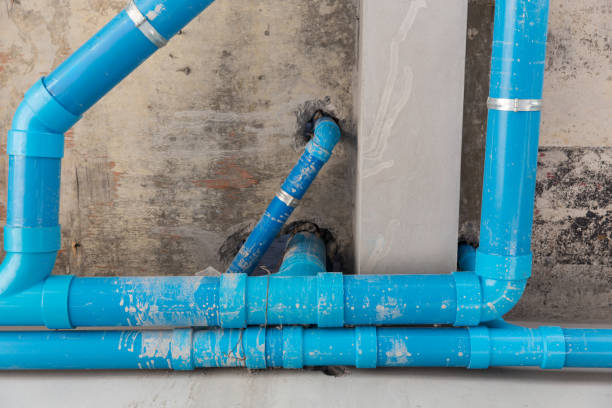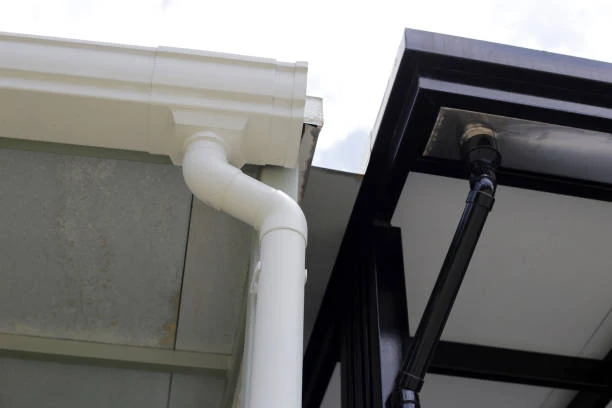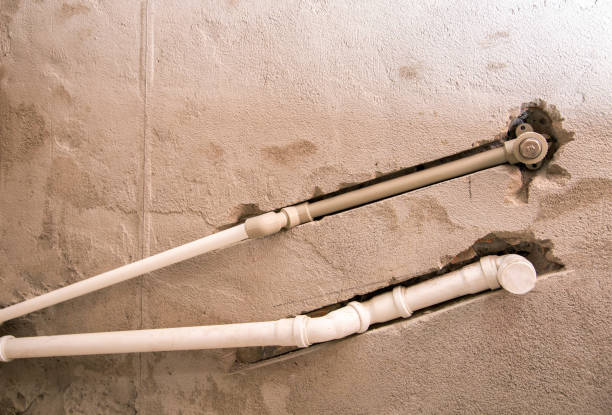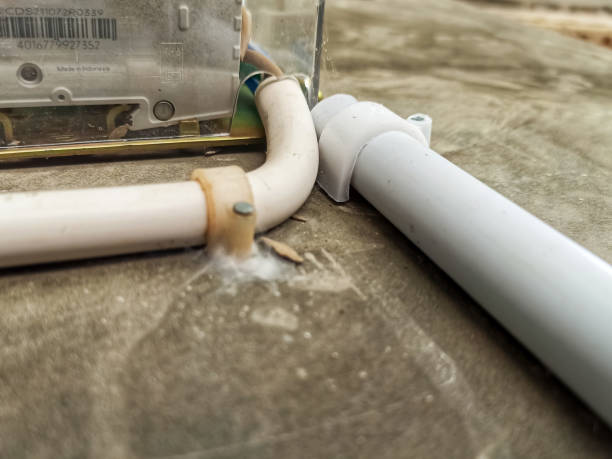Introduction to Fault Prevention in Pipeline Fittings
Fault prevention in pipeline fittings is essential for industrial safety. Pipeline systems experience various stresses and conditions. Fittings, such as compression fitting brass, play a crucial role in maintaining system integrity. These fittings connect pipes and ensure a secure seal. A failure in any fitting can lead to leaks, pressure loss, and safety hazards. Therefore, understanding how to prevent faults is vital for efficient operations.
Understanding Compression Fitting Brass
Compression fitting brass consists of durable materials that resist corrosion. These fittings provide reliable connections in gas and fluid systems. Their design allows for easy installation and maintenance. Brass offers excellent mechanical properties, making it ideal for high-pressure applications. However, improper installation can lead to significant issues. Therefore, knowing how to use compression fitting brass correctly is crucial for fault prevention.
Common Causes of Fitting Failures
Several factors contribute to fitting failures in pipelines. Over-tightening fittings can cause deformation and leaks. Additionally, exposure to extreme temperatures can weaken materials. Corrosion and wear also lead to compromised fittings over time. Inadequate maintenance exacerbates these issues. Identifying these common causes helps in developing effective prevention strategies. By addressing these factors, industries can enhance the reliability of compression fitting brass.
Regular Maintenance and Inspection
Regular maintenance is key to preventing faults in pipeline fittings. Scheduled inspections help identify potential issues before they escalate. Technicians should check for signs of wear, corrosion, or misalignment. They must also monitor pressure levels in the system. By maintaining a proactive approach, industries can extend the lifespan of compression fitting brass. This routine practice ensures safe and efficient operations.
Proper Installation Techniques
Proper installation techniques significantly reduce the risk of faults. Technicians must follow manufacturer guidelines when installing compression fitting brass. Using the right tools and techniques ensures a secure connection. Additionally, avoiding over-tightening prevents damage to the fittings. Training personnel on proper installation practices enhances overall safety. A well-installed fitting minimizes the likelihood of leaks and failures.
Material Selection and Compatibility
Choosing the right materials is essential for fault prevention. Compression fitting brass should be compatible with the fluids in the system. Incompatible materials can lead to chemical reactions, resulting in corrosion. Understanding the properties of different materials helps in making informed decisions. Additionally, selecting high-quality fittings reduces the risk of failures. Investing in reliable components pays off in the long run.
Implementing Safety Protocols
Establishing safety protocols is crucial for fault prevention. Industries should develop guidelines for handling and maintaining fittings. Training employees on these protocols enhances awareness and safety. Regular drills and safety meetings reinforce the importance of following procedures. By fostering a safety culture, organizations can minimize risks associated with compression fitting brass. This proactive approach ensures a safer working environment.
Conclusion: Building a Fault-Free System
In conclusion, fault prevention in pipeline fittings is vital for industrial operations. Compression fitting brass plays a significant role in ensuring system integrity. By understanding common causes of failures and implementing proper maintenance, industries can enhance reliability. Proper installation techniques and material selection further contribute to fault prevention. Ultimately, prioritizing safety and efficiency leads to successful pipeline operations.
IFAN Products international standards
IFAN products strictly adhere to a comprehensive range of international standards, encompassing ISO 15874, EN 15874, ASTM F2389, DIN 8077/8078, GB/T 18742, NBR 15884, ISO 15494, EN ISO 15494, GB/T 19472, NBR 15494, ASTM 2846 (501), DIN 8079/8080 (502), ASTM F441/F441M SCH80 (503), DIN (504), DIN (505), GB/T 18993, AS/NZS 1477, CSA B137.6, NSF/ANSI 14, TIS 17-2532/1131-2535, BS 3505, BS 4346 (801), ASTM D1785 SCH40 (802), ASTM D1785 SCH80 (803), DIN (804), GB (805), GB (806), GB(901), DWV(902), ASTM D2665 (903), along with ASTM D2241, D2665, D2729, and F441/F441M series, ISO 1452, EN ISO 1452, DIN 8061/8062, GB/T 10002, AS/NZS 1477, JIS K6741, CSA B137.3, and other national and industry norms.
Connect
IFAN is a Chinese manufacturer of plastic pipes, fittings and valves with 30 years of experience. If you are interest in IFAN copper fittings, copper valves, plastic pipes and fittings, please contact us. IFAN offers you a variety of standard pipes to meet your specific needs. Click below to learn more about IFAN’s wide range of affordable and cost-effective valve products and piping system related products.
We will reply your email or fax within 24 hours.
You can call us at any time if there is any question on our production.
For more information,pls visit our webside https://waterpipefitting.com/
Pls Mailto: [email protected]
Whatsapp: +86 15088288323














Recent Comments